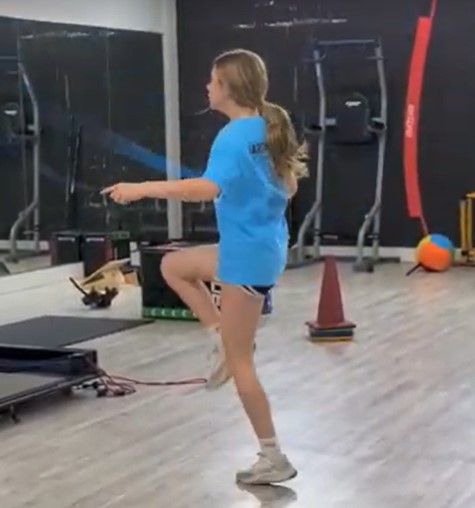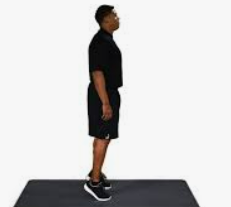Neurocognitive Training
Neurocognitive Training Can Increase Your Vertical Jump
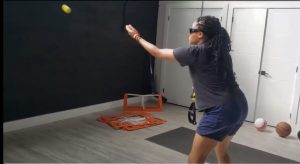 One approach that has shown promise in enhancing an athlete’s vertical jump is neurocognitive training. Athletes are always looking for ways to improve their performance and one area that can significantly impact their vertical jump. The ability to jump higher can be a game-changer in sports such as basketball, baseball, volleyball, football, and track and field.
One approach that has shown promise in enhancing an athlete’s vertical jump is neurocognitive training. Athletes are always looking for ways to improve their performance and one area that can significantly impact their vertical jump. The ability to jump higher can be a game-changer in sports such as basketball, baseball, volleyball, football, and track and field.
Neurocognitive training involves exercises that challenge an athlete’s cognitive abilities, such as reaction time, decision-making, and spatial awareness. An athlete can improve their motor skills and overall athletic performance by improving these skills. Here’s how neurocognitive training can help increase an athlete’s vertical jump:
Improved Coordination
Jumping involves coordinating multiple muscle groups in the legs, core, and upper body. Neurocognitive training can improve an athlete’s coordination by challenging their spatial awareness and proprioception. Proprioception is the ability to sense the position and movement of the body, which is critical for movements such as jumping. By improving their proprioception, athletes can use their muscles more effectively to generate power and lift off the ground.
Faster Reaction Time
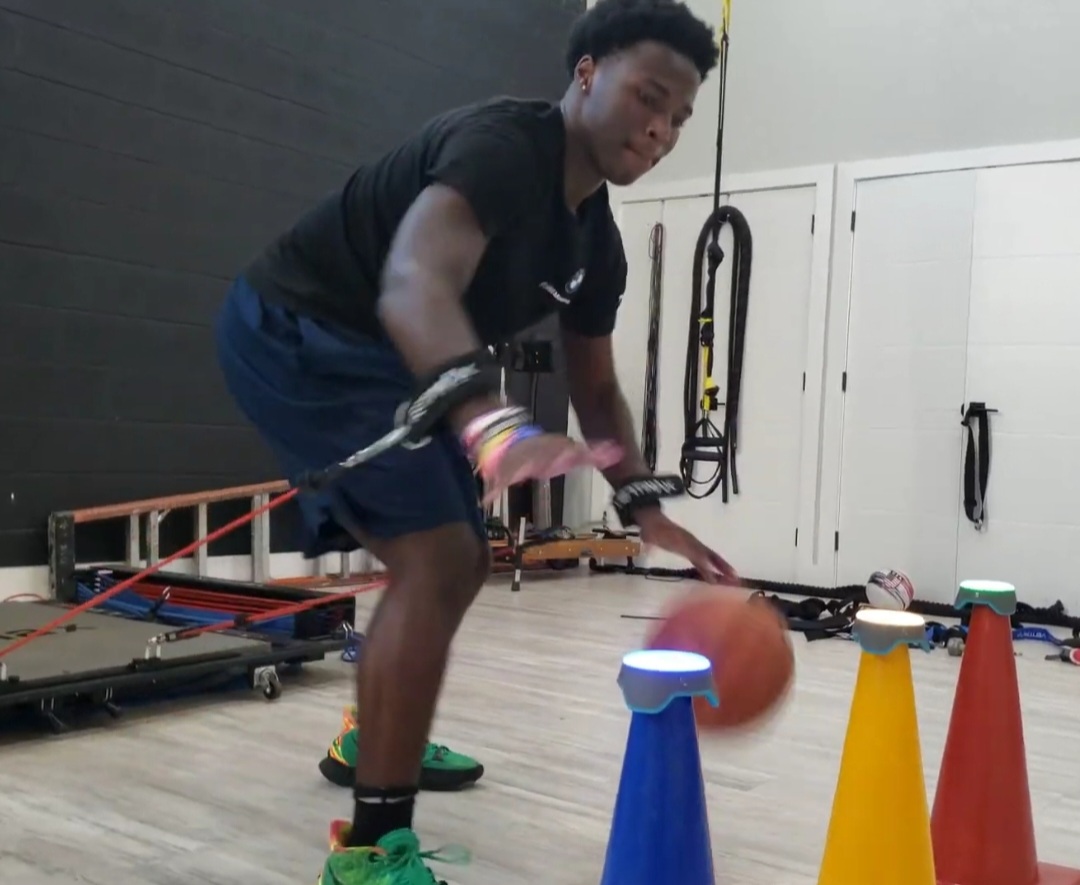 The ability to react quickly is critical in sports, particularly those that require explosive movements like jumping. Neurocognitive training can improve an athlete’s reaction time by challenging their visual processing and decision-making abilities. By improving their reaction time, an athlete can generate more power in their jump and reach greater heights.
The ability to react quickly is critical in sports, particularly those that require explosive movements like jumping. Neurocognitive training can improve an athlete’s reaction time by challenging their visual processing and decision-making abilities. By improving their reaction time, an athlete can generate more power in their jump and reach greater heights.
Improved Balance
Balance is essential for jumping, particularly for landing safely. Neurocognitive training can improve an athlete’s balance by challenging their vestibular system, which is responsible for sensing changes in the body’s position and movement. By improving their balance, an athlete can more effectively control their movements during a jump and reduce the risk of injury.
Greater Focus and Concentration
Athletes must be able to focus and concentrate on their movements during a jump. Neurocognitive training can improve an athlete’s focus and concentration by challenging their attentional abilities. By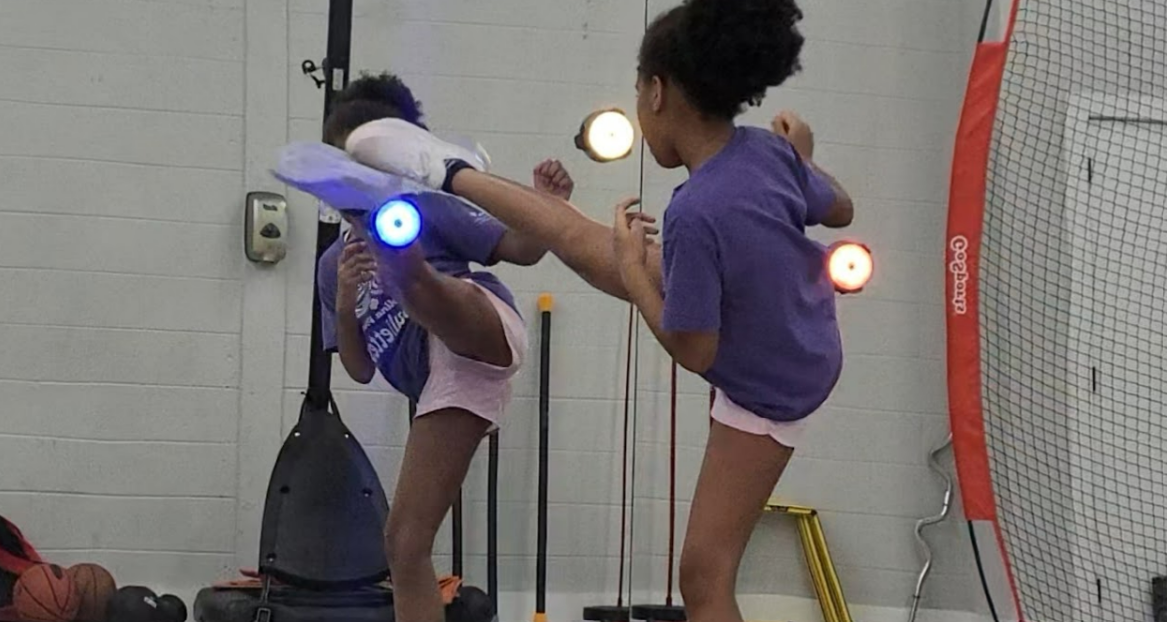 improving their focus and concentration, an athlete can more effectively execute their movements during a jump and achieve greater heights.
improving their focus and concentration, an athlete can more effectively execute their movements during a jump and achieve greater heights.
It is essential to note that neurocognitive training should be integrated into a broader training program that includes strength and conditioning exercises specific to jumping. By combining neurocognitive training with other forms of training, athletes can maximize their vertical jump potential and improve their overall athletic performance.

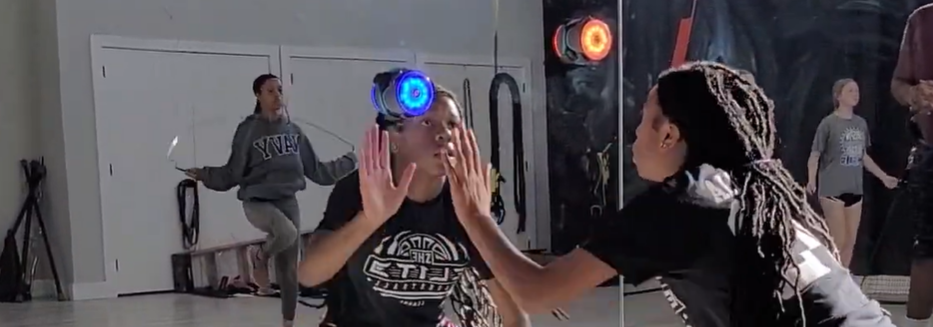
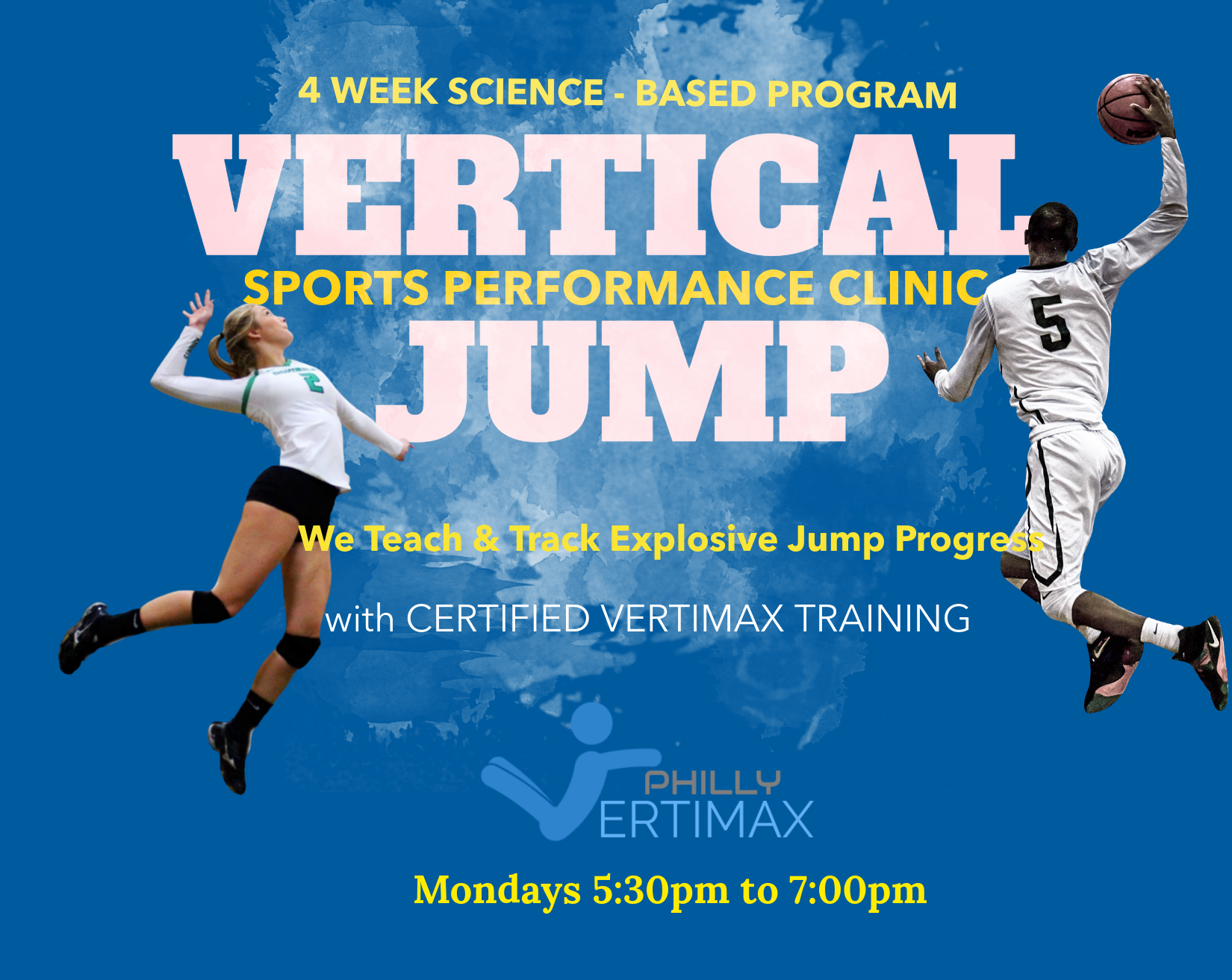
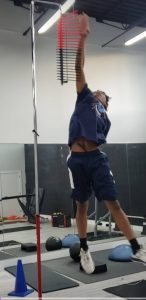 We provide virtual, personal and team training services. We are conveniently located inside the Ross Sports Performance Center at 2337 Philmont Avenue - Suite 109, Huntingdon Valley, PA 19006
We provide virtual, personal and team training services. We are conveniently located inside the Ross Sports Performance Center at 2337 Philmont Avenue - Suite 109, Huntingdon Valley, PA 19006